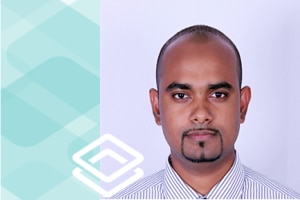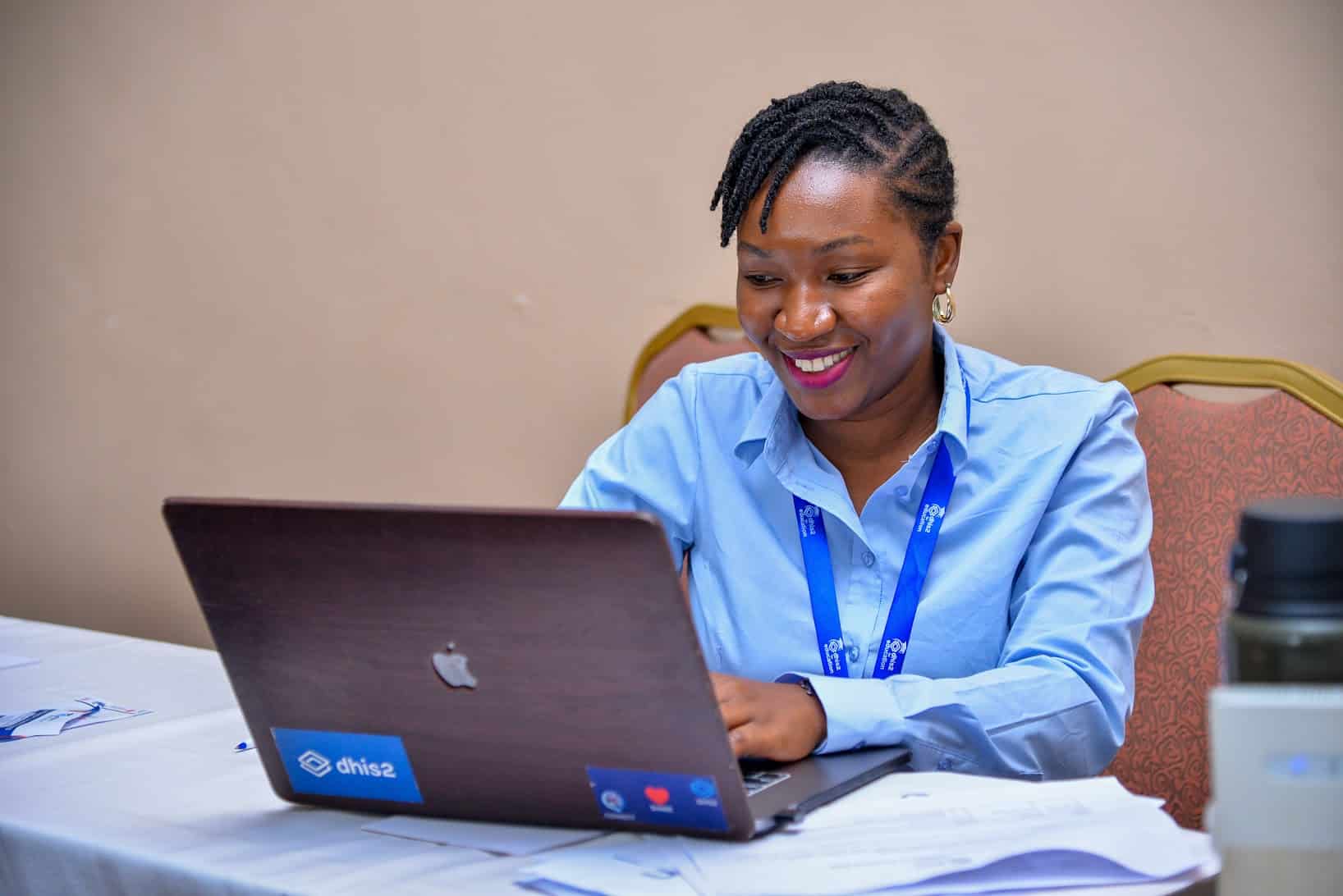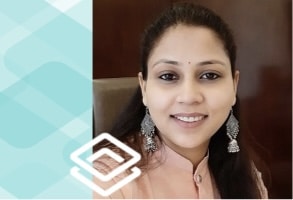Airport and Airlines: The largest airport in Sri Lanka is Bandaranaike International Airport (CMB). Sri Lankan Airlines is the national flagship carrier operating to and from Colombo-Bandaranayake International Airport. The airlines that fly to Colombo are listed here. With increased air service to Sri Lanka from Europe, the Middle East and Asia, there are many competitive airfares available.
Invitation letters: The event organisers will issue support letters, if required, only to those delegates who have registered for the Academy.
Immigration and visa: Visitors to Sri Lanka from many countries can obtain visa on arrival after obtaining electronic travel authorization at srilankaevisa.lk where the applications are approved usually within 24 hours.
Airport Pickups: If you are staying at the venue, you will be able to book your airport transfer by contacting the hotel.
Time zone: UTC +05:030
Climate: The climate is tropical and warm. Mean temperatures range from 17 °C (62.6 °F) in the central highlands, where frost may occur for several days in the winter, to a maximum of 33 °C (91.4 °F) in other low-altitude areas. Check the lastest weather forecast in Colombo on AccuWeather
Currency: Sri Lankan Rupee (LKR) – exchange rate as of January 2024: 1 USD = 322LKR
Banking and ATM: ATMs are located in many places (especially at bank branches) in the cities and suburbs, less so in the countryside. You can withdraw from debit cards too (Cirrus, Maestro, Visa Electron etc.) where the logos are displayed. There are coins for 1 rupee, 2 rupees, 5 rupees and 10 rupees. Banknotes ranging from LKR 20 – 5000.
Visa and MasterCard are the most widely accepted. JCB and American Express are also accepted in some outlets. Many hotels, commercial centers, shops and restaurants accept credit cards. Check with the cashier before making any purchases. Bear in mind that some places apply a surcharge for credit card purchases. Check the percentage charged before you pay.
Official language: Sinhala and Tamil languages are both official and national languages in Sri Lanka, while English is widely used.
Electricity: 230 – 240 volts, 50Hz AC. Power sockets are of type D and G.
Attractions & Leisure: Colombo, the vibrant capital city of Sri Lanka, is a treasure trove of attractions and leisure activities. Explore the historic charm of the city with visits to landmarks such as the stunning Gangaramaya Temple and the Old Dutch Hospital, which has been transformed into a lively shopping and dining precinct. Stroll along the iconic Galle Face Green, a waterfront promenade perfect for leisurely walks, and take in the stunning sunsets over the Indian Ocean.
Practicalities: Participants are expected to bring their own funtional laptops and compatible extensions.











